FTZ Warehousing
Benefits of Foreign Trade Zones
From large manufacturers to individuals, any size importer or exporter can take advantage of a foreign-trade zone (FTZ).
INDUSTRIAL PARTS AND SUBCOMPONENTS
Some of the benefits that are most attractive to companies are relief from inverted tariffs, duty exemption on re-exports, duty elimination on waste, scrap and yield loss, savings on damaged or nonconforming items, weekly entry savings, cash flow (duty deferral) savings, zone-to-zone transfers, government and military sales, and ad valorem tax relief.
BENEFITS OF FOREIGN TRADE ZONES
WEEKLY SUMMARY ENTRY
One of the major benefits that can be realized through the use of a Foreign Trade Zone (FTZ) is Weekly Summary Entry. By using Weekly Entry, a single entry may be filed on qualifying goods at the end of each week instead of the multiple entries typically filed by a medium to large importer. The duty on goods is in fact paid, after the goods leave the Foreign Trade Zone. The statutory cap of $485.00 in Merchandise Processing Fee (MPF) still applies and can result in tremendous savings in this category alone, in addition to a reduction in brokerage and other fees. Importers have a potential annual cost savings in the reduction of MPF alone.
DUTY DEFERRAL
A Foreign Trade Zone user that assembles or manufactures in a zone may elect to pay duty on imported components either at the duty rate applicable to the components or at the duty rate applicable to the finished product. U.S. added value is not subject to duty at all. In an inverted tariff situation, that is, a situation in which the duty rate on the finished product is lower than that on the imported components, the Foreign Trade Zone results in a lower overall duty to the Foreign Trade Zone user. Foreign Trade Zone users pay U.S. Customs Duties only when merchandise is shipped into a customs territory. Inventory held in a Foreign Trade Zone is exempt from payment of duties until shipped.
QUOTA RESTRICTIONS
Quote Restrictions generally may be avoided by admitting goods into a Foreign Trade Zone. Over quota merchandise may usually be held in a zone until the next quota period begins and may often be used as a component part of a product that is not over quota. Similarly, bringing goods into a Foreign Trade Zone may also avoid some marketing restrictions.
DUTY REDUCTION
Also known as "inverted tariff" duty reduction allows any Foreign Trade Zone importer or manufacturer to pay the duty rate applicable to either the imported components or the finished product, whichever is lower.
DUTY ELIMINATION
Foreign Trade Zone users are not required to pay U.S. Customs duties on merchandise exported from a Foreign Trade Zone, or on merchandise that is damaged, scrapped or unused.
INCREASED FLEXIBILITY
Foreign Trade Zone's offer user’s greater flexibility for merchandise subject to just-in-time delivery constraints, quotas or marking requirements. In addition, Customs clearance of merchandise may be expedited through use of a Foreign Trade Zone.
MERCHANDISE PROCESSING FEE
Fees are owed only when and if merchandise is transferred to the U.S. Customs territory.
HARBOR MAINTENANCE FEE
Fees are paid quarterly on merchandise received in the Foreign Trade Zone.
EXPORTS
No customs duties are paid on merchandise exported from a Foreign Trade Zone. While drawback law allows the recovery of Customs duties previously paid after the merchandise is exported, payments may be delayed for a variety of reasons. In a Foreign Trade Zone, the duties are simply never paid.
All Rights Reserved | Barrett Distribution Centers




